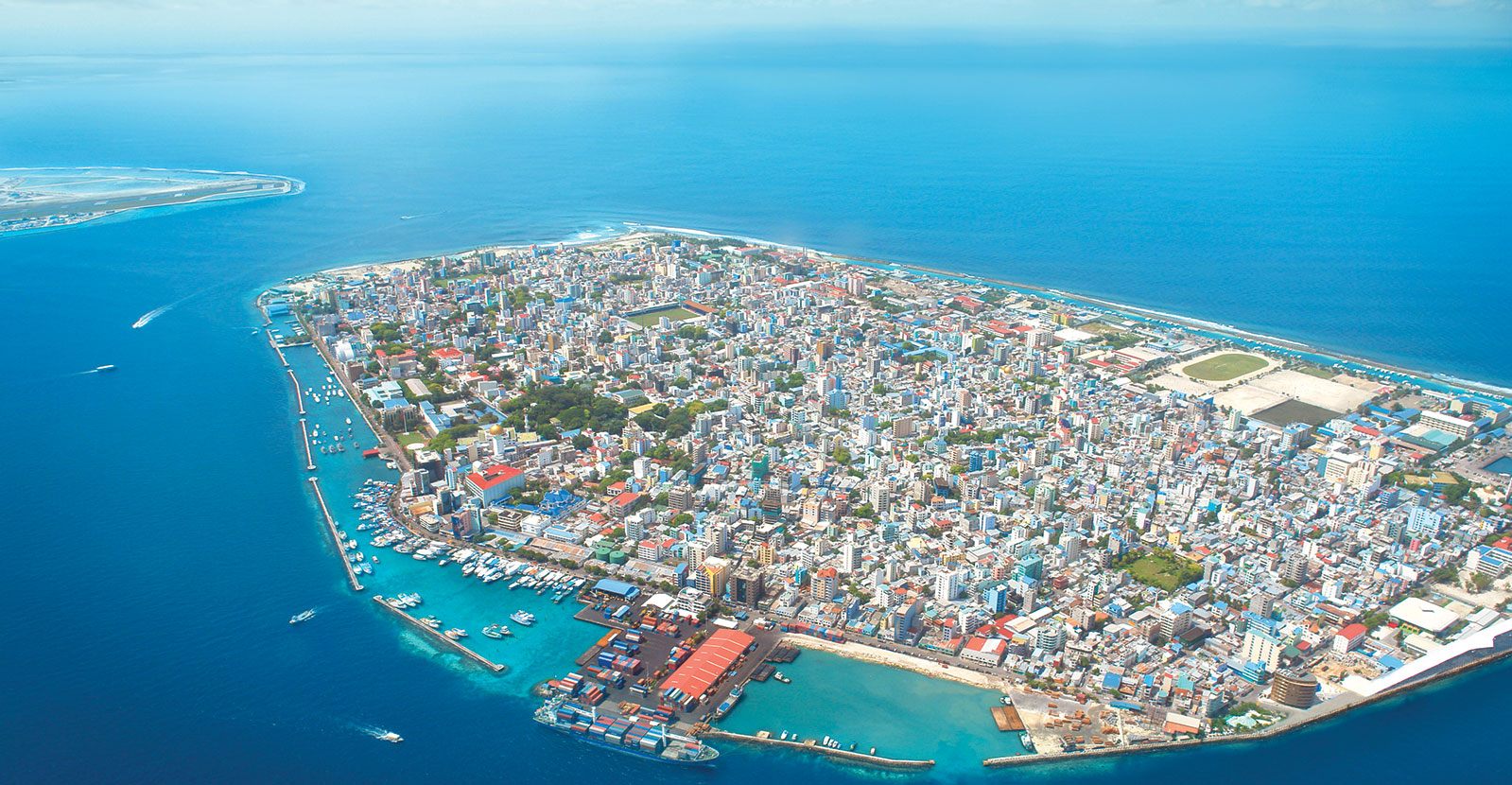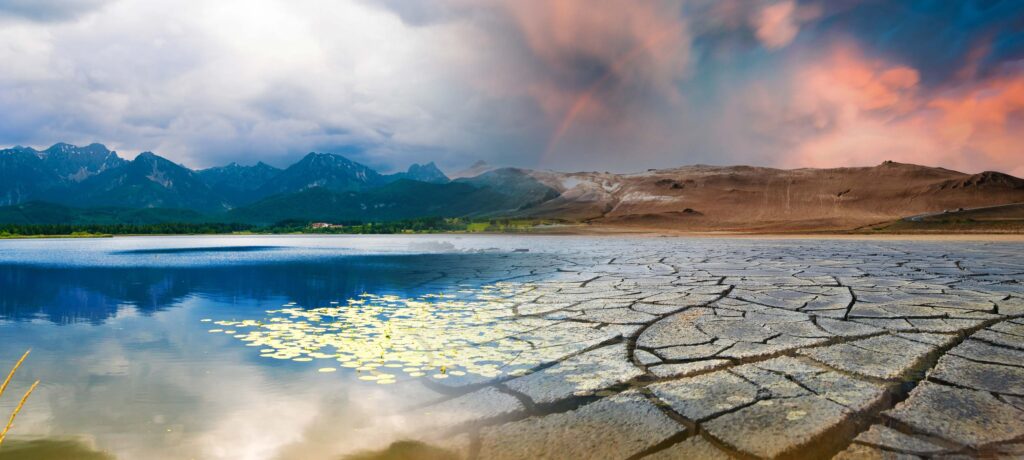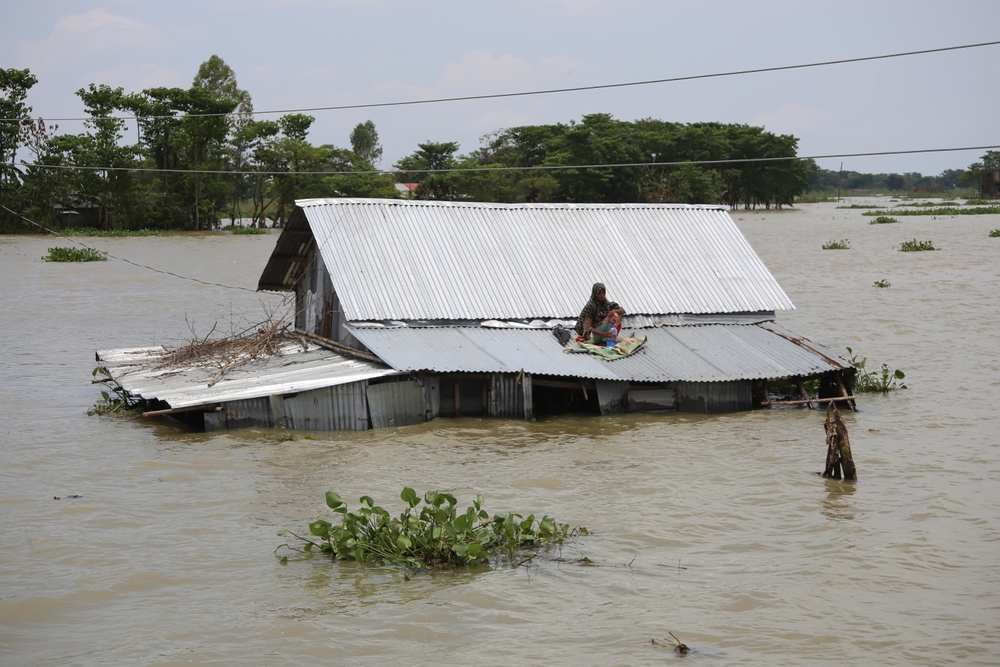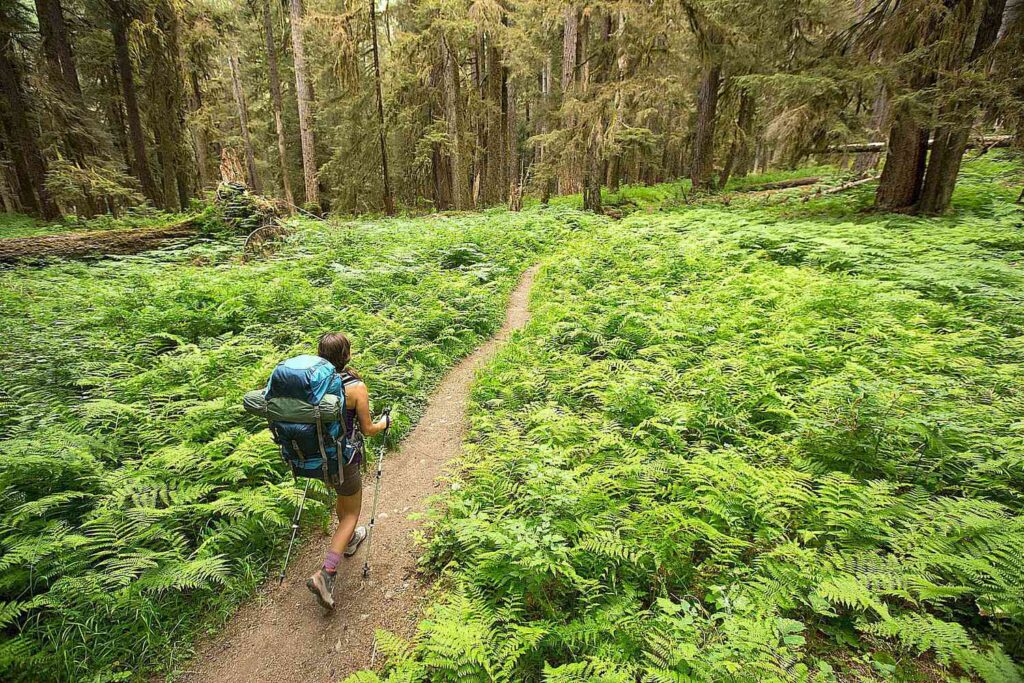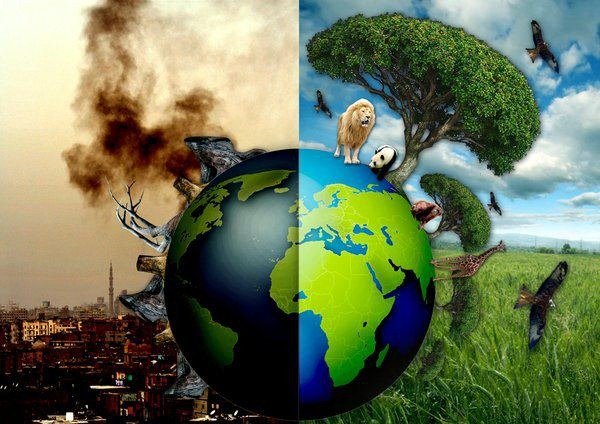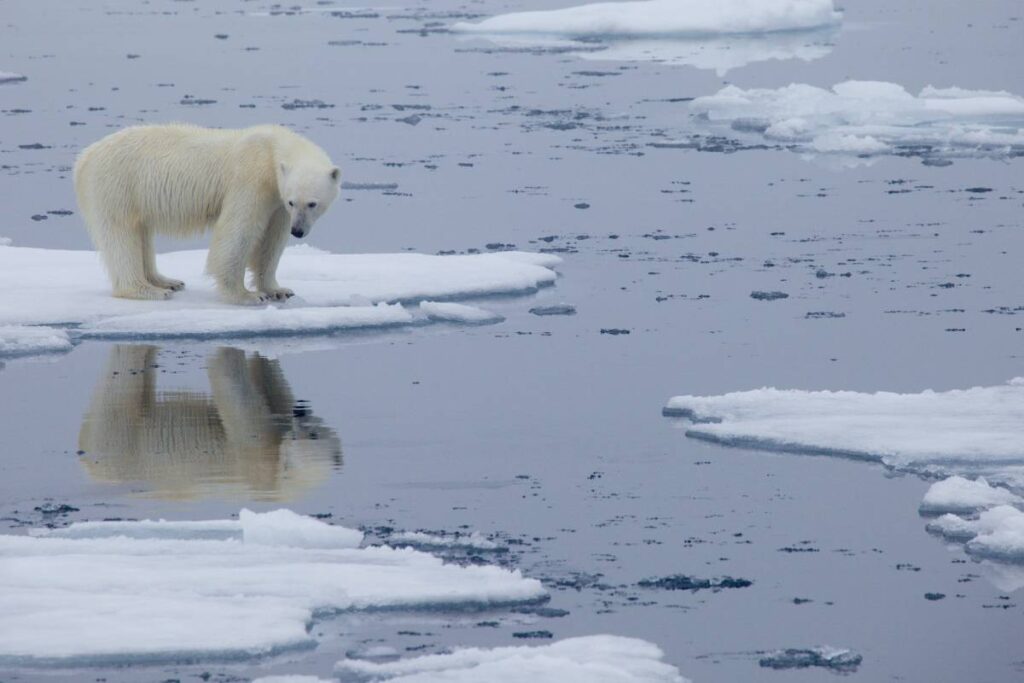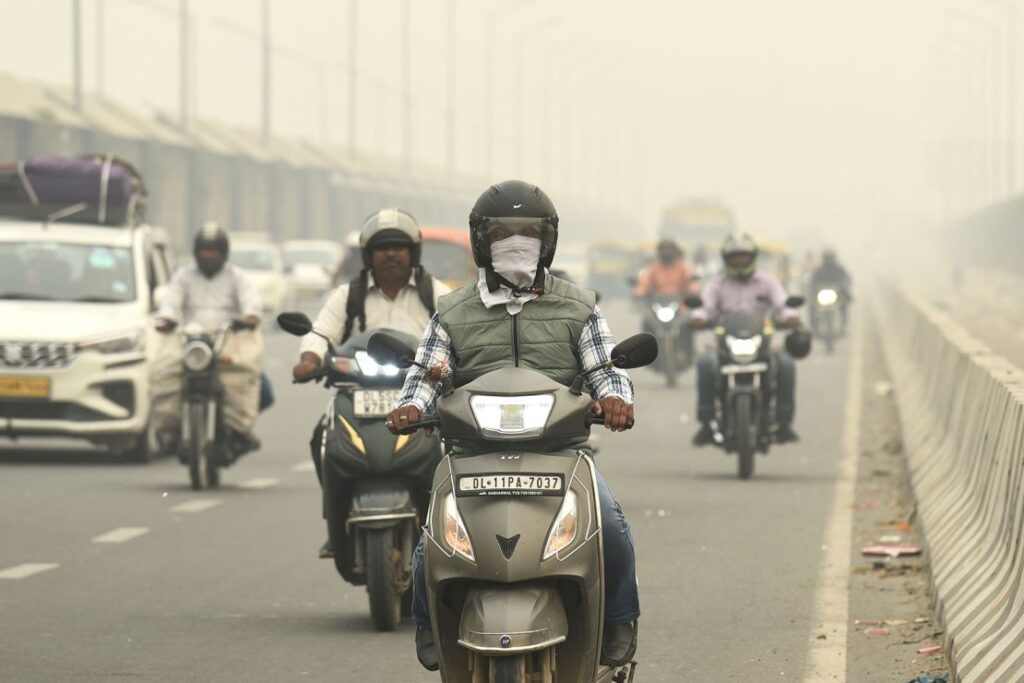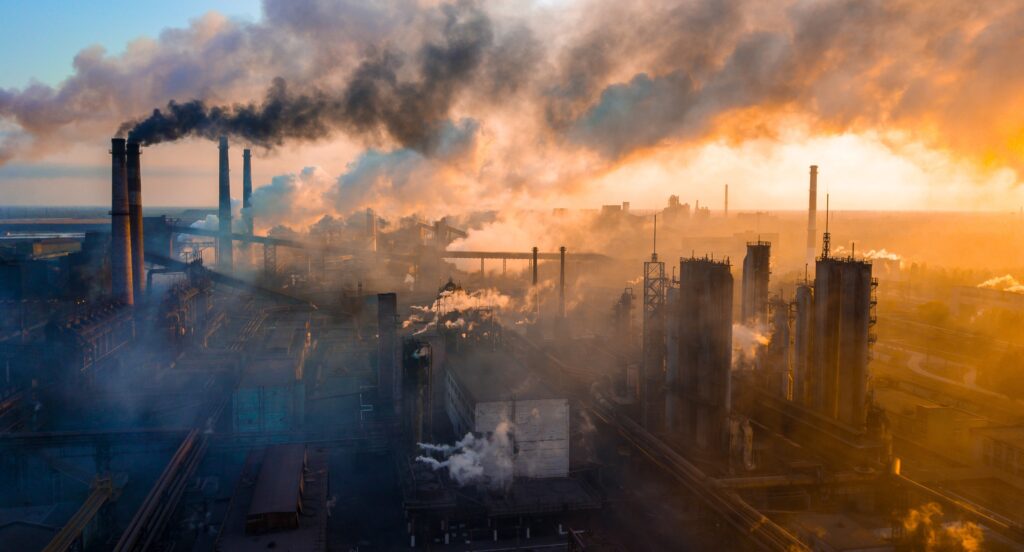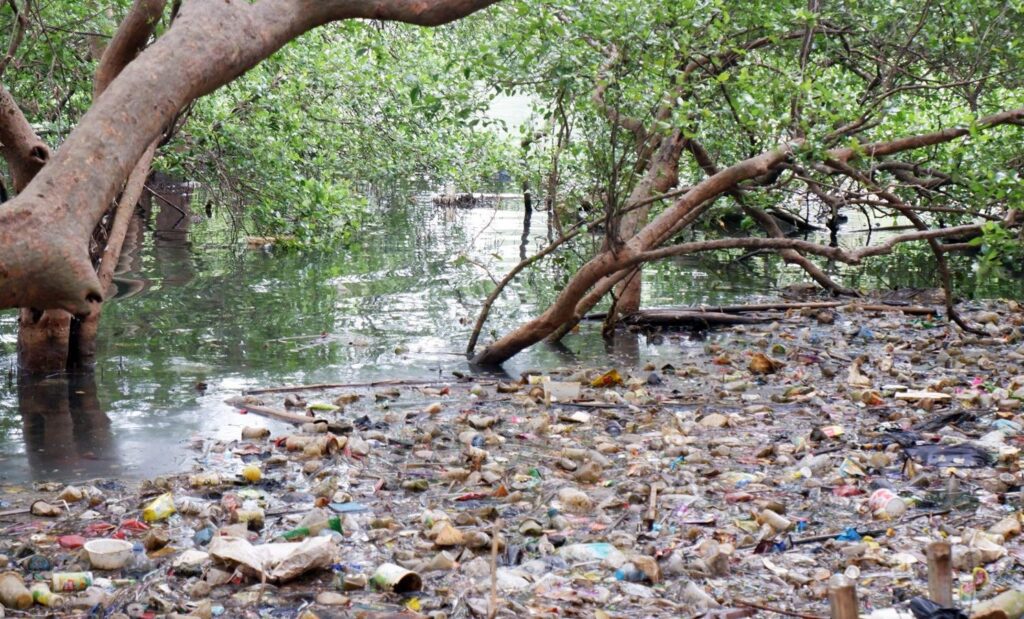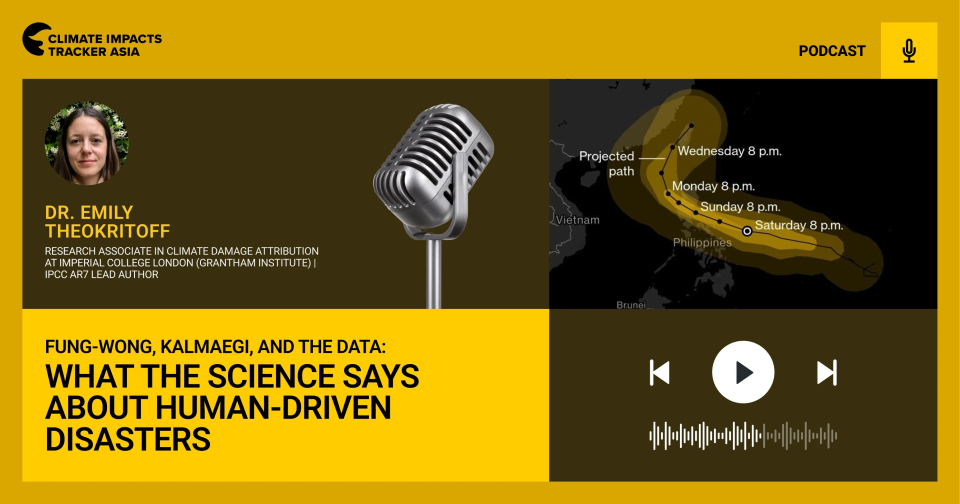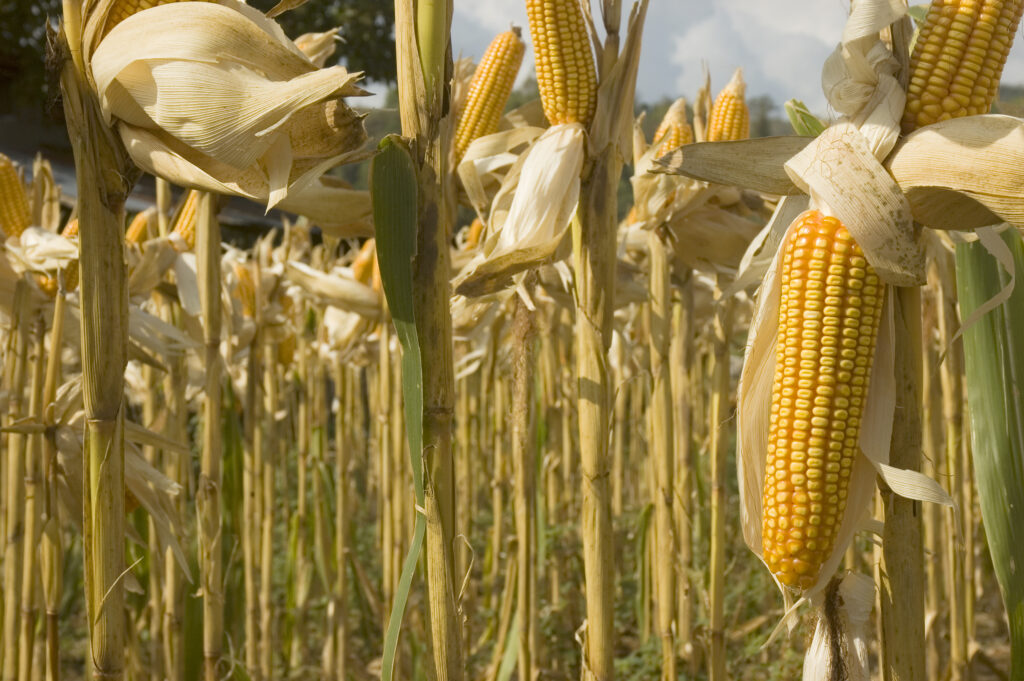Island nations are some of the most vulnerable to climate change, and the Maldives is already facing the impact of sea level rise. The World Bank recognises the Maldives as being highly vulnerable to climate change due to a combination of geographic, social and political factors. This puts the nation’s citizens and economy at risk, with estimates showing a GDP loss of 2.3% by 2050 and 12.6% by 2100.
The country already spends USD 10 million annually on coastal adaptation initiatives to combat sea level rise in the Maldives, which will need to increase to USD 8.8 billion to protect its existing islands from rising seas. Rising sea levels threaten to swamp the Maldives. Without support from the developed world, it will be nearly impossible for the country to adapt and there will be no white sand beaches.
How Many Metres Above Sea Level Is the Maldives?
80% of the Maldives is less than 1 m above sea level, making it one of the lowest-lying countries in the world. The highest natural point in the Maldives is only about 2.4 m above sea level, making it highly susceptible to even minor increases in sea levels.
Rising sea levels linked to climate change and low elevation exacerbates the country’s vulnerability to flooding and storm surges from the Indian Ocean, which are expected to become more frequent and severe due to climate change in the Maldives.
Are Sea Levels Rising in the Maldives?
Sea levels are indeed rising in the Maldives. According to the Intergovernmental Panel on Climate Change (IPCC), global sea levels have been rising at an average rate of about 3.4 mm per year since 1993.
This trend is even more concerning in the Maldives. Data from the Maldives Meteorological Service indicates that sea levels around the country have risen between 97-117 mm per year over the past few decades. If current trends continue, the country could experience sea level rises of up to 1 m by the end of the century, potentially submerging large parts of the country.
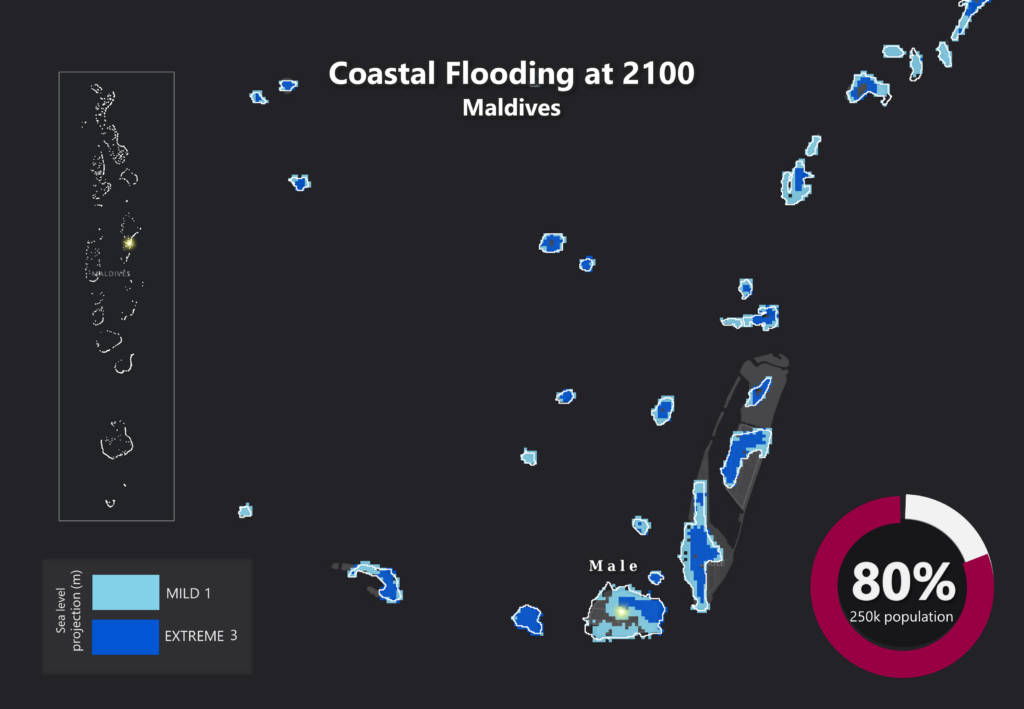
This will force people to move to the few remaining islands and cities, with Malé already being one of the world’s most densely populated cities.
How Is the Maldives Affected by Global Warming?
Beyond sea level rise, the Maldives is at significant risk of several climate impacts.
Coral Reefs Bleaching and Marine Life
One of the most significant impacts of global warming on the Maldives is coral bleaching. Increasing ocean temperatures cause coral reefs to expel the symbiotic algae that live within them, leading to bleaching and often the death of coral.
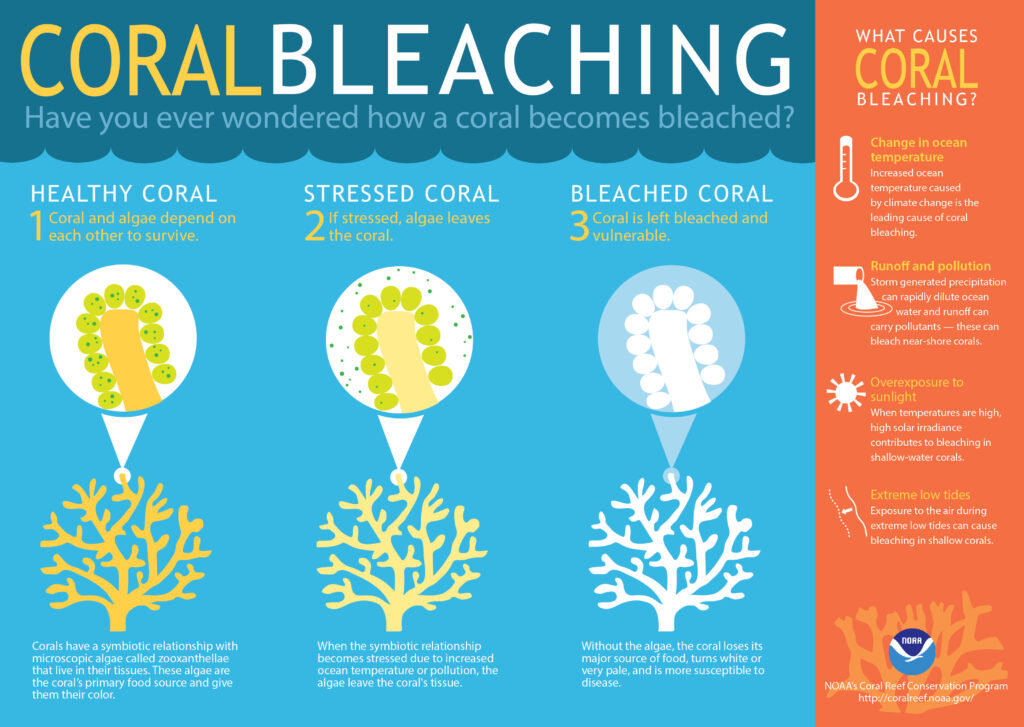
This phenomenon has already had devastating effects on the Maldivian reefs. The 2016 global bleaching event severely affected over 60% of the Maldives’ coral reefs. These reefs are vital for marine biodiversity and the livelihoods of many Maldivians who depend on fishing and tourism. Tourism accounts for over 50% of the country’s GDP.
Weather Patterns and Extreme Events
Global warming is altering weather patterns, leading to more frequent and severe storms in the Maldives. The country has experienced an increase in the frequency and intensity of extreme weather events, such as heavy rainfall, droughts, flooding and strong winds.
These changes pose significant risks to the Maldivian population, infrastructure and economy. For instance, parts of the Maldives are experiencing flooding up to twice a month, compared to two to three times a year previously.
Impact on Fisheries and Food Security
The fisheries sector is a major component of the Maldivian economy and food security. It accounts for 6% of its GDP and employs 11% of its population. Furthermore, Maldivians have the highest per capita rate of fish consumption in the world, which accounts for over 85% of the country’s protein intake.
However, climate change is threatening this sector through changes in sea temperature and acidity. Warmer waters can lead to shifts in fish populations, reducing the availability of key species such as tuna, a staple for local consumption and export.
Worst-case projections show a 75% decline in fish catch by 2100. This shift can undermine food security and the livelihoods of those dependent on fishing, exacerbating socioeconomic vulnerabilities.
Coastal Erosion and Habitat Loss
Rising sea levels and increased storm activity contribute to coastal erosion and habitat loss in the Maldives. All inhabited islands have reported coastal erosion, which threatens infrastructure, homes and critical habitats, such as mangroves and wetlands.
Coastal erosion not only leads to habitat loss for marine and terrestrial species but also displaces communities and disrupts local economies that rely on coastal resources.
Social Impact of Global Warming in the Maldives
The social impacts of global warming in the Maldives are profound. Rising sea levels and extreme weather events have already led to community displacement and loss of livelihoods. The health impacts include increased incidences of waterborne diseases due to flooding and contamination of freshwater resources.
Additionally, the economic strain of adapting to these changes is immense, diverting resources from other essential services and development goals. The strain on infrastructure requires substantial investment to enhance resilience.
A Call for Global Solidarity
The Maldives is facing severe threats from climate change that necessitate urgent action from both the Maldives government and the international community to battle rising seas. Developed countries have a responsibility to support the Maldives in adapting to and mitigating the effects of global warming.
Like many other small island developing states (SIDS), the Maldives produces a small fraction of global greenhouse gas and carbon emissions, only 0.003%, yet will be one of the most impacted countries in the world.
Global support is crucial for safeguarding the Maldives from sinking and for demonstrating global solidarity in the face of the climate crisis.
Eric Koons
Writer, United States
Eric is a passionate environmental advocate that believes renewable energy is a key piece in meeting the world’s growing energy demands. He received an environmental science degree from the University of California and has worked to promote environmentally and socially sustainable practices since. Eric has worked with leading environmental organisations, such as World Resources Institute and Hitachi ABB Power Grids.
Eric is a passionate environmental advocate that believes renewable energy is a key piece in meeting the world’s growing energy demands. He received an environmental science degree from the University of California and has worked to promote environmentally and socially sustainable practices since. Eric has worked with leading environmental organisations, such as World Resources Institute and Hitachi ABB Power Grids.

